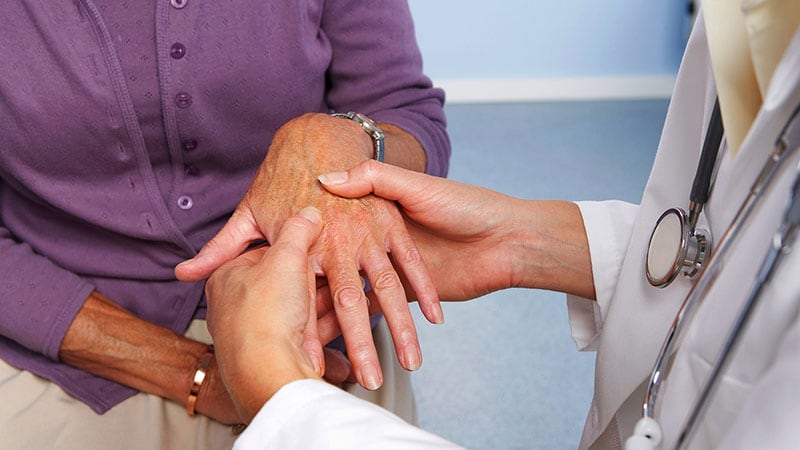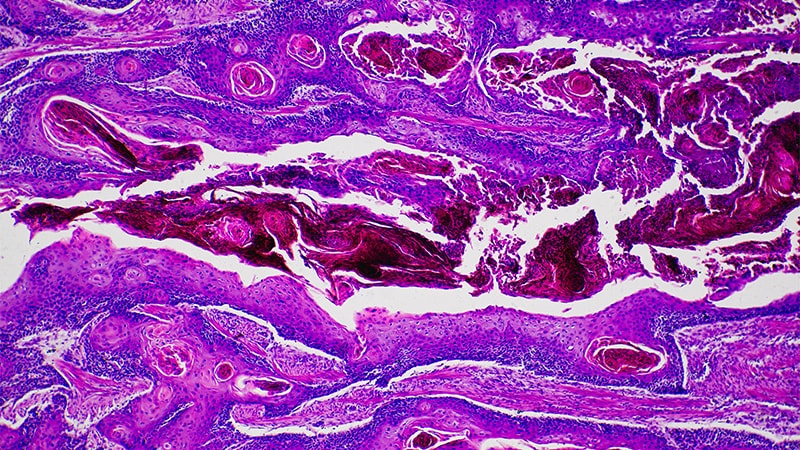New draft guidance from the National Institute for Health and Care Excellence (NICE)recommends new treatment options for around 25,000 people with moderate rheumatoid arthritis that have not responded to conventional therapies.
NICE has previously recommended biological treatments only for severe rheumatoid arthritis. This guidance was reviewed because biosimilars have become available, meaning that these treatments are now available to the NHS at a lower price.
Clinical trial evidence suggests the treatments provide similar benefits for people with moderate disease as well as those with severe disease.
The most likely cost effectiveness estimates suggest that adalimumab, etanercept and infliximab after two or more conventional disease-modifying antirheumatic (DMARDs) are now a cost-effective use of NHS resources for treating moderate rheumatoid arthritis.
The guidance also reviewed abatacept with methotrexate for treating moderate rheumatoid arthritis. However, because the most likely cost-effectiveness estimates for abatacept are higher than NICE normally considers cost effective, it is not recommended as an option for people with moderate disease.
Meindert Boysen, deputy chief executive and director of the Centre for Health Technology Evaluation at NICE said: "I am delighted that we are able to recommend additional treatment options for people with moderate rheumatoid arthritis whose disease hasn’t responded to conventional treatments."
"These recommendations come after a pragmatic review of existing guidance in response to the availability of biosimilars in the NHS. We are pleased that the introduction of biosimilars has lowered overall costs of treatment, allowing our independent committee to recommend biological treatment for more people with rheumatoid arthritis so they can enjoy a better quality of life."
The treatments are recommended only if intensive therapy with two or more conventional DMARDS have not controlled the disease. The guidance also says the treatments must be provided at the same or lower price than those agreed with the Commercial Medicines Unit, and if more than one treatment is suitable, treatment should be started with the least expensive drug, considering administration costs, dose needed and product price per dose.
Around 400,000 people in the UK have rheumatoid arthritis, with more than 150,000 having moderate disease. More than 15 per cent of people with moderate rheumatoid arthritis who do not respond to conventional therapies are set to benefit from this recommendation.
This article originally appeared on Univadis, part of the Medscape Professional Network.



